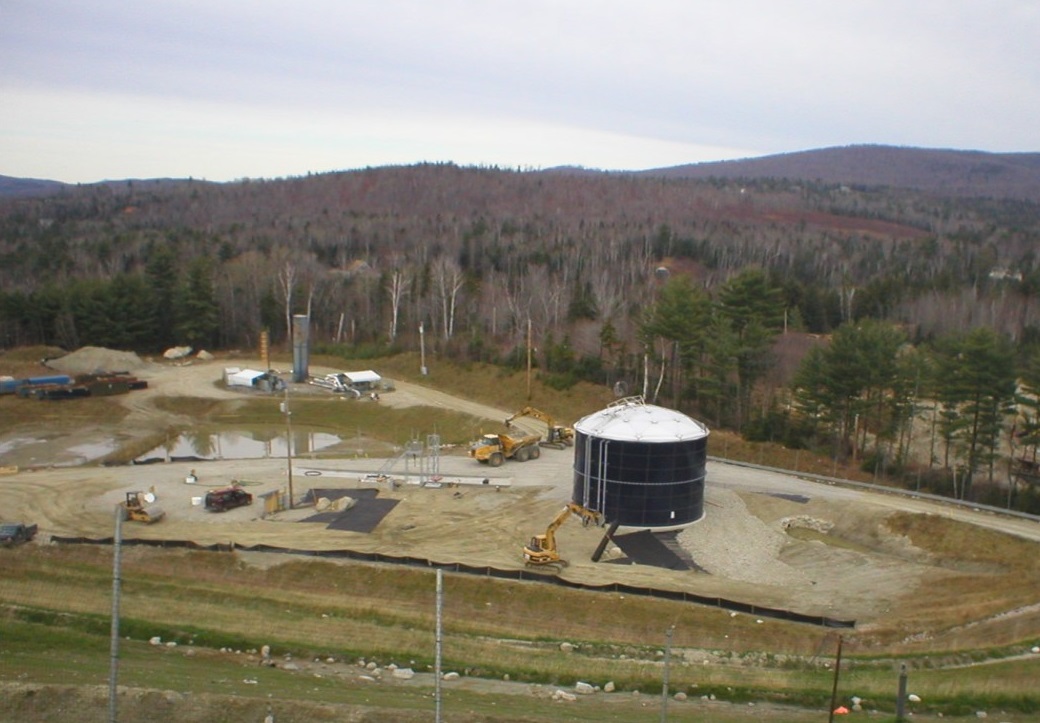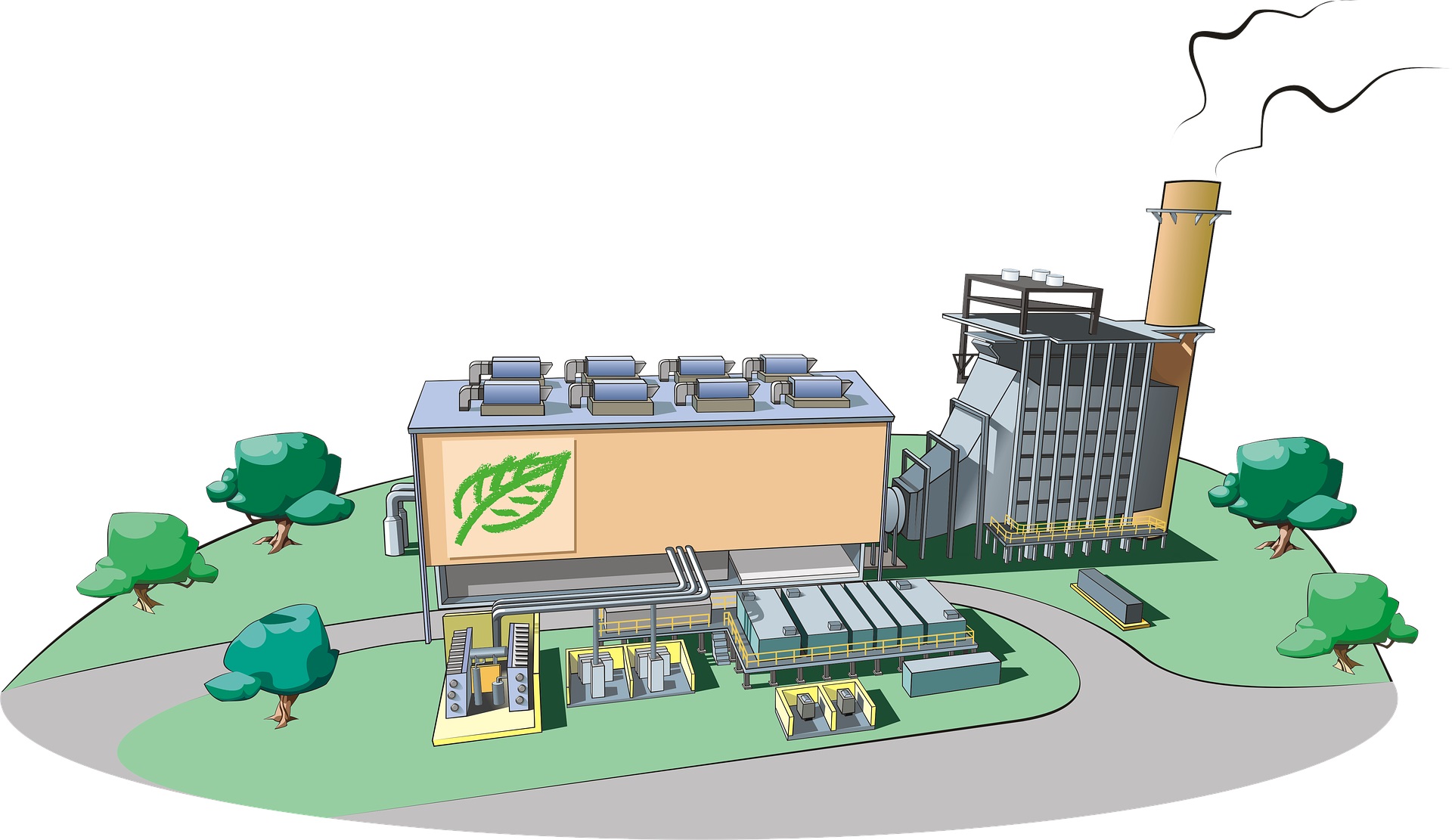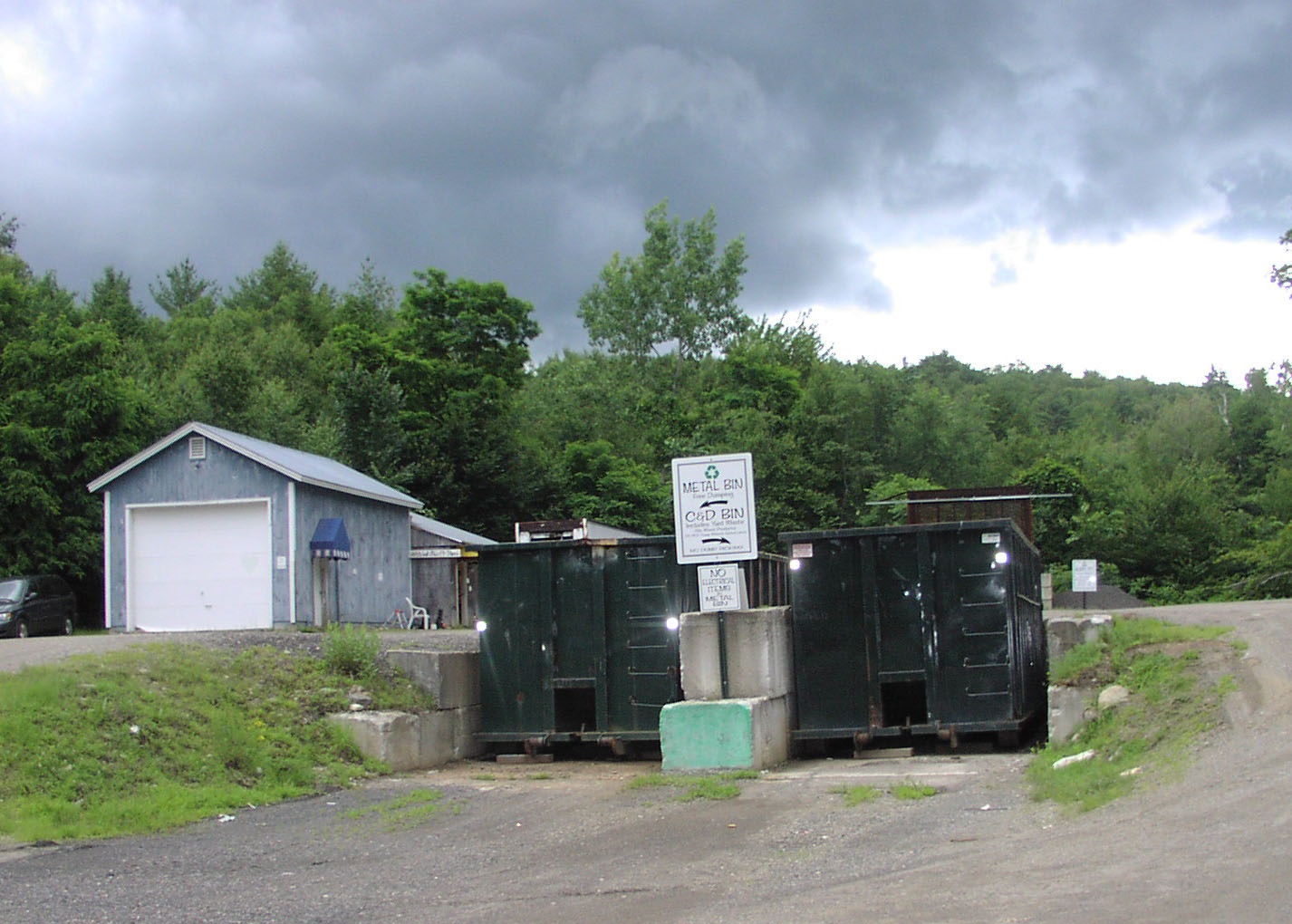Regulated Facilities and Sites
Solid waste is managed in a variety of ways to protect human health and the environment
With few exceptions, facilities that are regulated by the NHDES Solid Waste Management Bureau must obtain a permit to construct and operate pursuant to RSA 149-M and the NH Solid Waste Administrative Rules (Env-Sw 100-2000). Additionally, solid waste management facilities operating in New Hampshire and closed landfills must comply with applicable rules and regulations, and permit conditions to assure protection of public health, safety and environmental quality. All facilities are subject to inspection by NHDES and most facilities are required to regularly report information to the agency.
There are three core categories of solid waste facilities.
Related Content

Landfills (Active and Inactive)
Landfills are facilities that collect and dispose of solid waste by the intentional placement of the waste in or on land where it will remain after closure of the facility. New Hampshire has six operating double-lined landfills, one operating single-lined landfill, and two operating unlined landfills. In addition, New Hampshire has over 250 inactive, closed landfills, most of which are unlined and municipally-owned. Landfills are required to be permitted by NHDES. Changes to these facilities also require approval from NHDES. We must take care of these waste containment facilities until the waste no longer poses a risk to human health or the environment.
 Processing and Treatment Facilities
Processing and Treatment Facilities
Processing and treatment facilities are facilities that temporarily collect and store waste; process the waste by changing the characteristics of the waste; and then temporarily store the changed waste until it can be transferred to another facility or location. Processing and treatment facilities include composting facilities, construction and demolition debris processing facilities, waste-to-energy facilities, and incinerators. New Hampshire has several of these, including one waste-to-energy facility. With limited exceptions, these facilities are required to be permitted by NHDES, and changes must be approved by NHDES.
 Collection/Storage/Transfer Facilities
Collection/Storage/Transfer Facilities
Collection, storage and transfer facilities are solid waste management facilities where waste is collected and temporarily stored before being transferred to another facility. These facilities include transfer stations and recycling centers. New Hampshire has over 200 operating collection, storage and transfer facilities, most of which are municipally owned and operated. With some exceptions, these facilities are required to be permitted by NHDES, and changes to permitted facilities must be approved by NHDES.
In addition to the three core categories of solid waste facilities identified above, there are two other types of solid waste facilities that are regulated by sector:
Motor Vehicle Salvage Yards
Providing BMPs to motor vehicle recyclers to help improve environmental practices and maintain compliance at their facilities.
Inactive Asbestos Disposal Sites
There are over 300 known asbestos disposal sites in New Hampshire that must be managed properly to protect public health and the environment.




